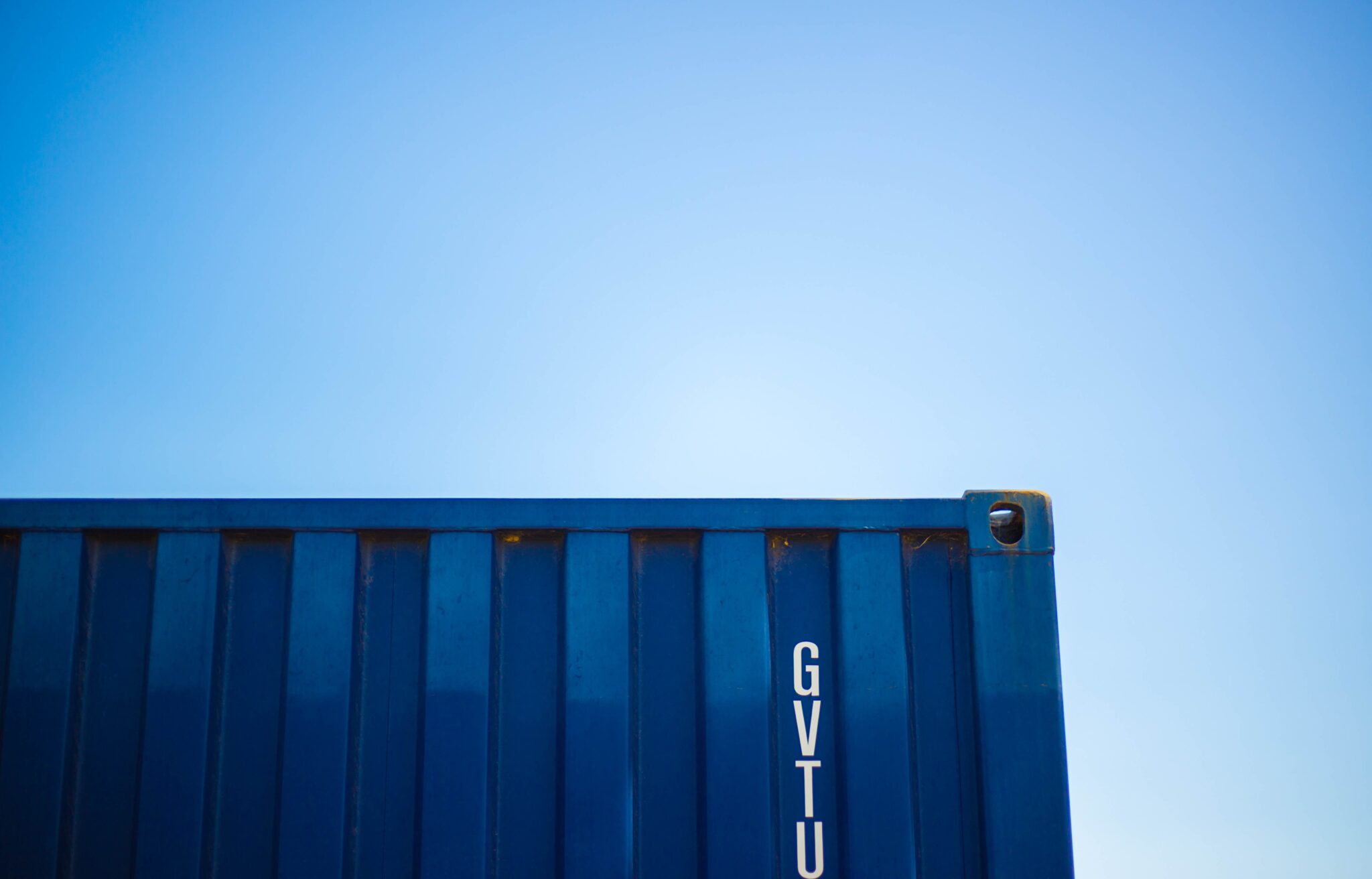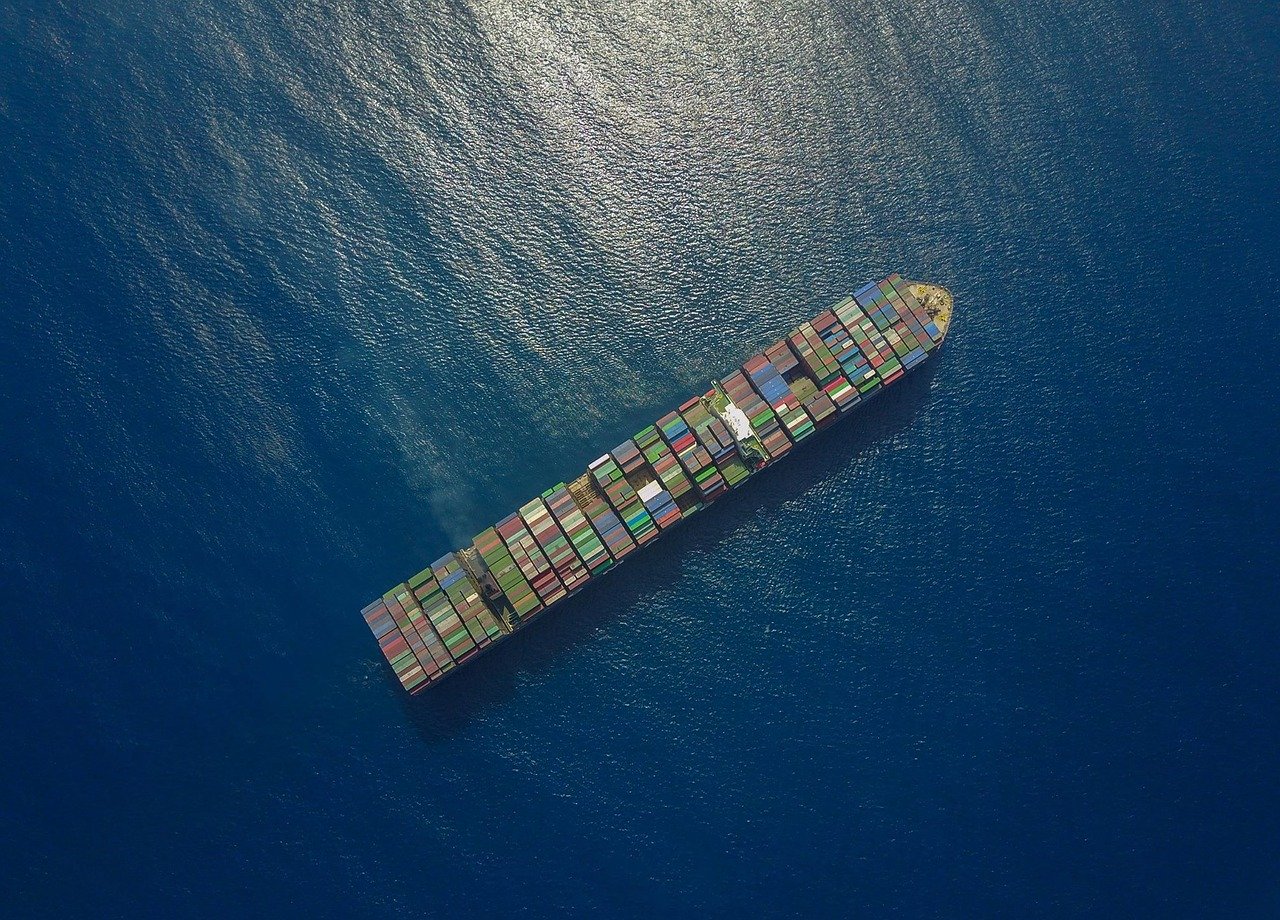Read more about the import and export regulations in the Dominican Republic as the export process in the Dominican Republic is regulated by laws, decrees, and regulations. This conforms to the different government institutions and agencies that participate in it. Besides, private companies that contractually with the government manage parts of the process particularly in management from ports and airports.
Documentation required for exporting to the Dominican Republic
- Name registration in ONAPI: All documentation submitted to the National Office of Industrial Property of (ONAPI) must be in Spanish. If the applicant is a foreigner who is not a resident in the country submit your request through a representative or attorney. The response to your request takes 5 business days.
- Registration in the Chamber of Commerce and Production: the opportunity that your business can access the benefits and facilities that are obtained by being formalized.
- National Taxpayer Registry (RNC): a number that serves as the identification code of the taxpayers in their fiscal activities and as control of the Administration to monitor compliance with duties and rights of these. Complete Form RC-01, copy of passport, and Copy of commercial register.
- Commercial invoice: must include names of the customs office of exit and port of entry, name, and address of the seller or shipper, name, and address of the buyer or consignee. A detailed description of the merchandise, quantities, prices that specify the type of currency, type of currency used, conditions of sale, place, and date of issue.
- Certificate of origin: issued in the Dominican Republic where the norms or origin criteria signed and sealed by the official authorized for this purpose.
- Packing list: allows exporter identifying the merchandise and know what each box contains, for this reason, this document must exactly match the invoice.
- Shipping Document: Document Issued by Transport Companies International establishing the ownership of merchandise exported.
Exporter Registration
Submit a completed exporter registration form to the Export and Investment Center of the Republic Dominican Republic (CEIRD) Attaching 2 copies of each of the following documents:
- Copy of the property title or rental contract of the Physical or logistical facilities of the company.
- Copy of the National Taxpayer Registry (RNC).
- List of shareholders
- Proof of legal existence, address, amount, and composition of the subscribed and paid capital stock of the company, and its legal representative.
- Statutes
- Valid commercial registry certificate.
- Export production scheduled for one year.
Steps for DUA form (Unique Customs Export Declaration)
You must also submit a Customs Export Declaration form:

include names of the customs
office of exit and port of entry,
name, and address of the seller
or shipper, name and address of
the buyer or consignee.
- Request registration in the Integrated Customs Management System as an exporter.
- Obtain the token to access the SIGA System and register at the Legal Department of the Directorate General of Customs.
- Fill out form No. 003-2007 single customs declaration (DUA) on the Aduanas website.
Import regulations in the Dominican Republic
The steps to import items into the Dominican Republic also require a completed DUA form:
- Request registration in the Integrated Customs Management System as an importer.
- Obtain the token to access the SIGA System and register at the Legal Department of the Directorate General of Customs.
- Fill out form No. 003-2007 single customs declaration (DUA) on the Aduanas website.
You must also provide the additional documentation:
- Commercial invoice: translated into the language of the destination country
- Bill of Lading: the document issued by the maritime agent that certifies the receipt of goods on board to be transferred from a starting point to a destination, which specifies the information of the exported or imported goods.
- Certificate of origin: issued in the origin country where the norms or origin criteria signed and sealed by the official authorized for this purpose.

be issued in the origin
country where the
norms or origin criteria
signed and sealed by the
official authorized for this purpose.
These documents must be scanned and attached to the customs declaration sent via the web, which when presenting the originals in the Prior Control area, must be reviewed by the personnel designated in that function to check that the information contained in the import documents is the declared in the DUA so that the data capture is correct for the generation of statistical information on foreign trade (export and import) are reliable.
It is essential to declare if it is merchandise that could be:
- Dangerous (radioactive, toxic materials, flammable gases, explosives)
- Restricted (firearms, cash, drugs)
- Prohibited (vehicles with more than 5 years of manufacture, vehicles with more than 15 years of manufacture of heavy vehicles), used household appliances, salvage vehicles, vehicles with the right guide, used clothing, others.
Contact Biz Latin Hub for Local Guidance
Biz Latin Hub offers a team of experienced local lawyers with vast experience helping businesses with their trade requirements, company expansion, legal representation, hiring services, and more. We are experienced in supporting new businesses import and export in the Dominican Republic. Let us take care of your company’s needs and remove the burden of back-office services and complying with local regulations.
Please contact our team in the Dominican Republic for more information on how we can help you throughout the incorporation processes in the Dominican Republic.
Learn more about our team and expert authors.





